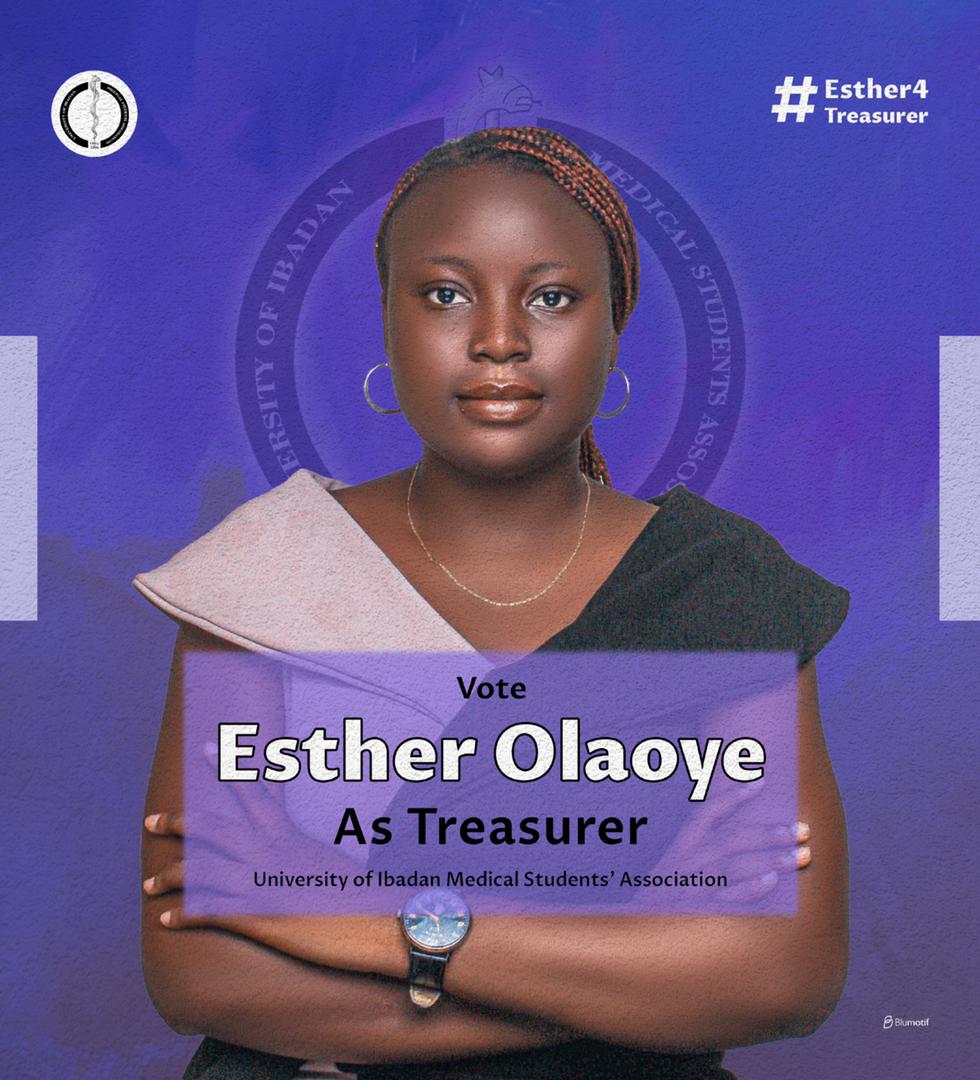UIMSA’s Unsung Congress

Have you ever read the UIMSA Constitution?
Or perhaps a more appropriate question would be: Do you understand the UIMSA Constitution? According to a survey by the Press, the prevailing response to this question were variations of “not really”. Whether or not they understand that 41-page document, most UIMSAites at least mildly grasp the structure of the Association’s leadership. Class senators are the class leaders, making them hard to miss. You might be oblivious to what they actually do on the floor and their official routines, but you at least know who to tender complaints to.
However, what most do not understand is the purpose of the congressmen or how to differentiate their roles from that of the senators. This article aims to briefly summarise UIMSA’s constitutional structure and discuss the intended roles of the Congress, the understanding and interest in this arm by UIMSAites and congressmen, the issues involved, and the reasons for them.
To put it simply, UIMSA has three arms. The Executive Council consists of the executive student leaders: President, Vice President, Secretaries, SDOs, PRO, and Treasurer. They handle day-to-day leadership and organise activities on behalf of the association. The next level is the Senate, the representative policy-making body of the Association. They deal with everyday welfare and interests and elect representatives for external organisations. They answer to the Congress, the judicature of the association. The Congress ensures no part of the constitution is violated, serving as the only legal path to make binding decisions on the association. It has the power to ratify bills, review the Constitution, and even dissolve the other two bodies through constitutionally defined processes. The UIMSA Congress serves as a much-needed bridge between UIMSA and its affiliated organisations, the other strata in the Association and the everyday UIMSAite.
When explained thus, the Congress sounds powerful and one would expect that its seats would be filled with individuals who carry out these duties strictly and with proper understanding. This is not the case, as a considerable number of UIMSAites do not understand, let alone develop a genuine interest in, these responsibilities, leading to reduced participation in Congress activities and pseudo-leadership at that level.
Some understand the roles of the Congress and show genuine interest in being useful resources for the Association. This includes those who ventured into offices with little prior knowledge, hoping to learn on the job. Such Honourables stand at risk of making costly mistakes. But at least their interest persists.
In contrast, there exists an incorrect perception by others of the Congress as merely an expansion of the Senate, hence redundant. This perception is as flawed as could possibly be. The Congress possesses distinct roles, as previously explained. The genesis of this school of thought may lie in the execution of the system and its presentation to the UIMSAite layman and even Honorables who were never properly indoctrinated. Such UIMSAites become members of Congress but are no different from legislators in an entirely different department.
In all of this, there appears to be an overarching problem – ‘understanding’. Ibadan Medicine’s student politics has, over the years, shaped up to appear like a complex system of strict meetings and intricate details, on the surface; with a significant number not understanding the need for Congress while the Senate exists. Some fill roles because of their understanding of the need and others fill them while understanding the need but not caring about it. In between, lies the filling of seats without even understanding the need, exemplified by those simply searching for a community or network. Ultimately, while student might be aware of the valid powers of UIMSA’s Congress, not all of them appreciate it.
The constitution provides more seats for elected Congress-persons (10 per class, plus co-optees) than Senators-turned-Congresspersons (6 per class) to represent their constituencies. However, the face of most constituencies tends to be associated with senators because the Congress often doesn’t have all its seats filled, exacerbated by the appearance of Senate roles as more noble and tasking.
The key word is “appearance”. Both roles ultimately work towards serving the interests of UIMSAites, albeit in different ways. But because Senators respond to demands more frequently and are involved in daily activities, while Congressmen and women appears to only serve a “review” role, the senators seem more powerful.
For those looking to be ‘impactful’, there is a preference for the day-to-day work of senators rather than the “figurehead” appearance of the Congress, which only converges thrice a year, with the exception of emergency meetings. On the opposite end are those who intentionally opt for the supposedly comfy Congress style with less convergence but a respectable label. In a conversation with the Press, a Congressman did say, “I mean, it was quite interesting to be called an Honourable,” painting a picture of minor relevance of the House.
Therefore, here, we ask why this should be a basis for running. Shouldn’t such sacred seats, intended for the same ultimate greater good albeit through different means, be filled for valid reasons? The choice of roles, though subjective, boil down to individual capacity and will, and should beget the question, “What can I offer?” because at the end of the day, the higher decision-making house must have people who see the relevance of these decisions.
This mis-appointment of officials may be why they themselves do not defend their offices as worthwhile. It seems counterintuitive for a positionholder to admit to the unnecessary nature of their post. Yet, several congressmen and former congressmen have stated how they do not feel the need for the formalities of Congress activities, or even its existence while the Senate exists.
It’s an issue that boils down to individual passion— seeing as no one performs these roles equally.
Non-functionality of the UIMSA congress is an impossible claim. These criticized three-per-session meetings are constitutionally stipulated and only exceeded when necessary. And so, when all is said and done, one thing remains underscored: understanding. The UIMSA constitution is poorly understood by non-governing UIMSAites, which is why many do not understand how they are supposed to be governed and what their government is for. As we have discussed, it is an issue for the governing personas as well, who are not conscious of the powers they hold. Members of the 2K26 class will always have their 100-Level representation story to tell, which resulted from a misinterpretation of the Constitution by the Congress itself. That may have been a tell of how lax the system is and the need for learning.
In the end, the problem lies with us, the governors of our system. The solutions are clear: we need clarity and understanding, and scrutiny while appointing leaders. The Constitution should be studied effectively, and if issues still appear, there are provided manners of revision. Congressmen and women also have a duty to engage with members of their constituencies on the activities and decisions made on the floor of the House. You can’t bargain for relevance, instead, it is enforced.
This takes us back to the initial question: Have you ever read the UIMSA Constitution?
Rodiyah Khidir



